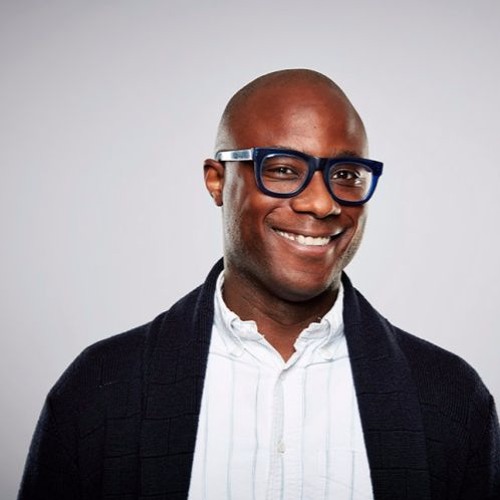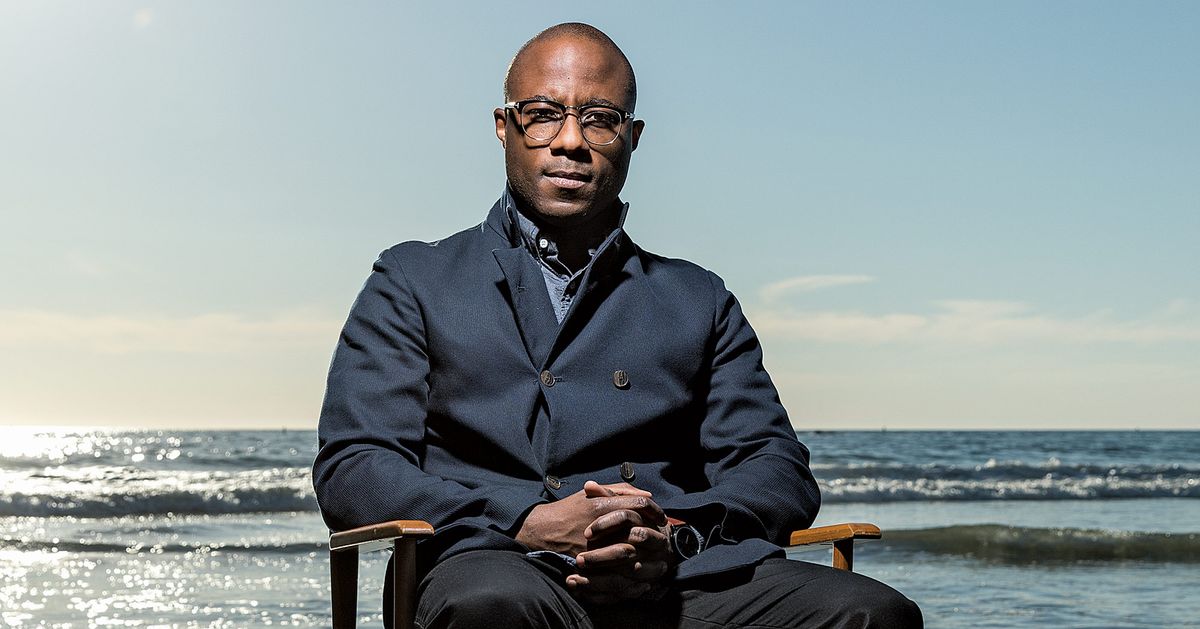


Lynne Ramsay’s debut feature Ratcatcher was another motivating influence. Medicine for Melancholy, he says, was directly inspired by Vendredi Soir, directed by Claire Denis (“my favourite film-maker!”) while Moonlight’s triptych structure was modelled on Three Times, by Taiwanese master Hou Hsaio-hsien. “Everyone was influenced by the same things: Steven Spielberg, James Cameron, Wes Anderson.” Instead, he immersed himself in foreign arthouse cinema, writing an essay about Wong Kar-wai that scored him a place on Telluride’s student symposium. His solution, he says, was to react against the enthusiasms of his classmates. “Am I not good at this because I am poor and black and my mom was a drug addict? Or am I not good at this because I am new to it and just don’t know the machinations of making a film?” “I had to ask questions of myself,” he says. He ended up with a massive crisis of confidence. On the film course, he found himself among “a bunch of super-talented kids”, including future Maze Runner director Wes Ball, It Follows director David Robert Mitchell, and actor-producer Amy Seimetz. But his ascent had barely begun before he hit the buffers. If nothing else, it demonstrates what a cocktail ambition, affirmative action and luck can be. If Jenkins’ story sounds like a scramble up the foothills of the American dream, well, that’s because it is. I think I should check this out.’ That’s the only reason I am a film-maker.” He initially planned to train as a teacher, but when the course folded in his first year he noticed a sign promoting a film course. He won a scholarship reserved for disadvantaged kids to a Florida State University, a big football college. “I thought, ‘If I excel at this, people will actually respect me.’” His path to film-making was nothing if not random. I was never interested in that stuff, I didn’t care to be the alpha male.”

But in keeping to myself, I stayed out of it. Although he isn’t gay, Jenkins says he identified with the central character, Chiron – retreating into himself and managing not to get drawn into the area’s pervasive crime problems. It describes the tentative sexual awakening of a kid from Miami in three parts: as a grade-schooler, a teenager, and finally as a gold-grill sporting adult. Moonlight is essentially a coming-of-age story. The lights usually worked, but sometimes not.” There was usually food but sometimes not. “There were seven or eight of us in a two-bed apartment. Jenkins’ mother was an addict, like McCraney’s, and he was eventually taken in by a surrogate grandmother figure. Photograph: David Bornfriend/APĪlthough the two had never met, they attended the same school and their lives had other parallels. Visceral memories … Mahershala Ali, left, and Alex R Hibbert in Moonlight. It helped that Jenkins had grown up in a now-demolished housing project in the same rough Miami neighbourhood as McCraney. The fact it had never been performed was fortunate, he says, since “there was enough space that I could create something else”. Jenkins describes it as “a visceral collection of memories” and “a fever dream”. Originally titled In Moonlight Black Boys Look Blue, it was part of McCraney’s application to study playwriting at Yale. Then he came across McCraney’s text – sent to him by a Miami-based film collective called The Borscht Corporation.
#Moonlight barry jenkins tv
Jenkins then spent a long time not getting Portrait of an Addict as a Young Man, an adaptation of Bill Clegg’s junkie memoir, off the ground, and writing for the TV show The Leftovers. It was well liked and won a few awards, but made nothing more than a modest impact.

An African-American variant on the mumbly, lo-fi hipster romcom, it detailed the aftermath of a one-night stand between an articulate but slightly annoying man who supplies fancy fish tanks and a sleek, good-looking woman who lives with an art curator. Moonlight is his second feature: his first, a two-hander called Medicine for Melancholy, was released in 2008. Jenkins is not quite the man from nowhere, though. “I was so damn naive I didn’t realise a company like Plan B would be interested. Financing was not going well, but Jenkins’ hosting duties resulted in “the sweetest ambush” – an invitation to dinner and an offer from Plan B, Brad Pitt’s production company. Moonlight trailer: Barry Jenkins’s Oscar-tipped drama – video Guardianīeing thrown together with Pitt and co at Telluride marked a turning point for Moonlight: Jenkins had for some time been working on the film, a reworking of an unproduced play by Tarell Alvin McCraney.


 0 kommentar(er)
0 kommentar(er)
